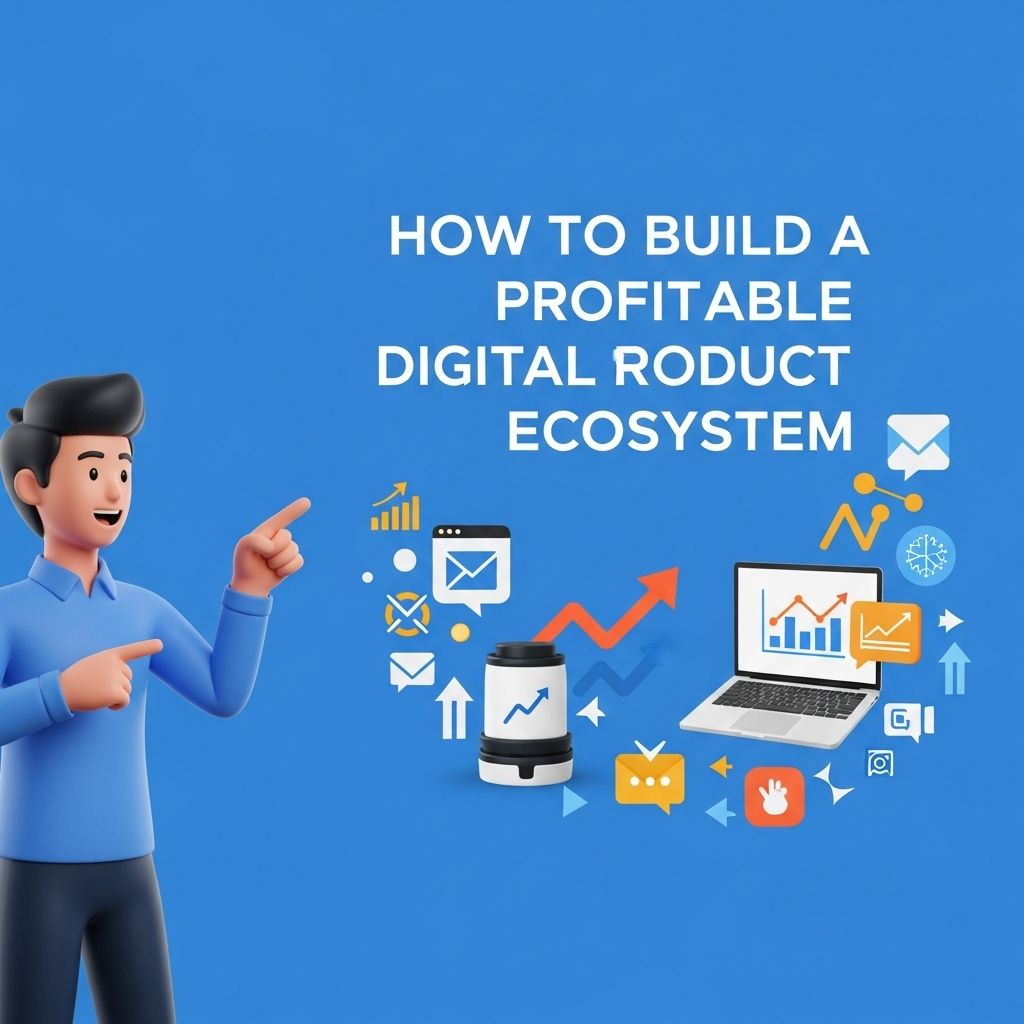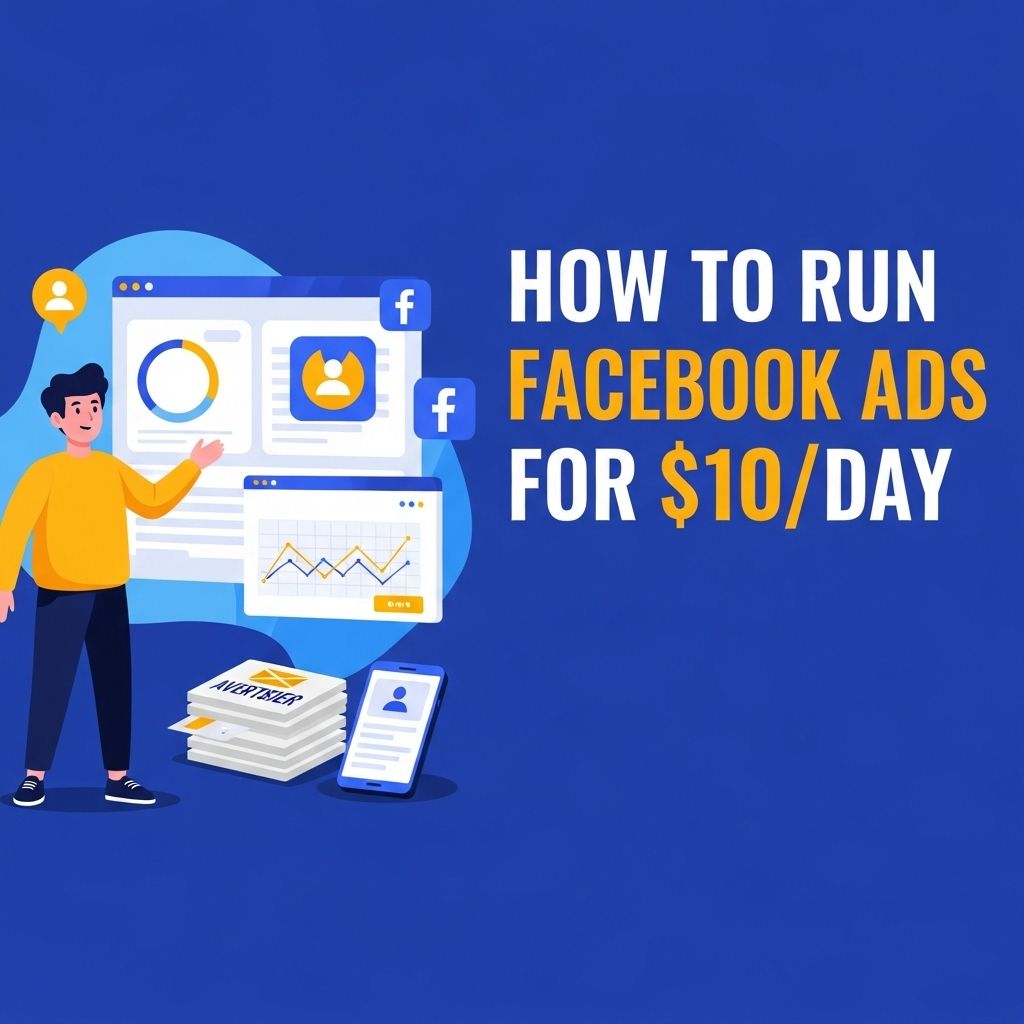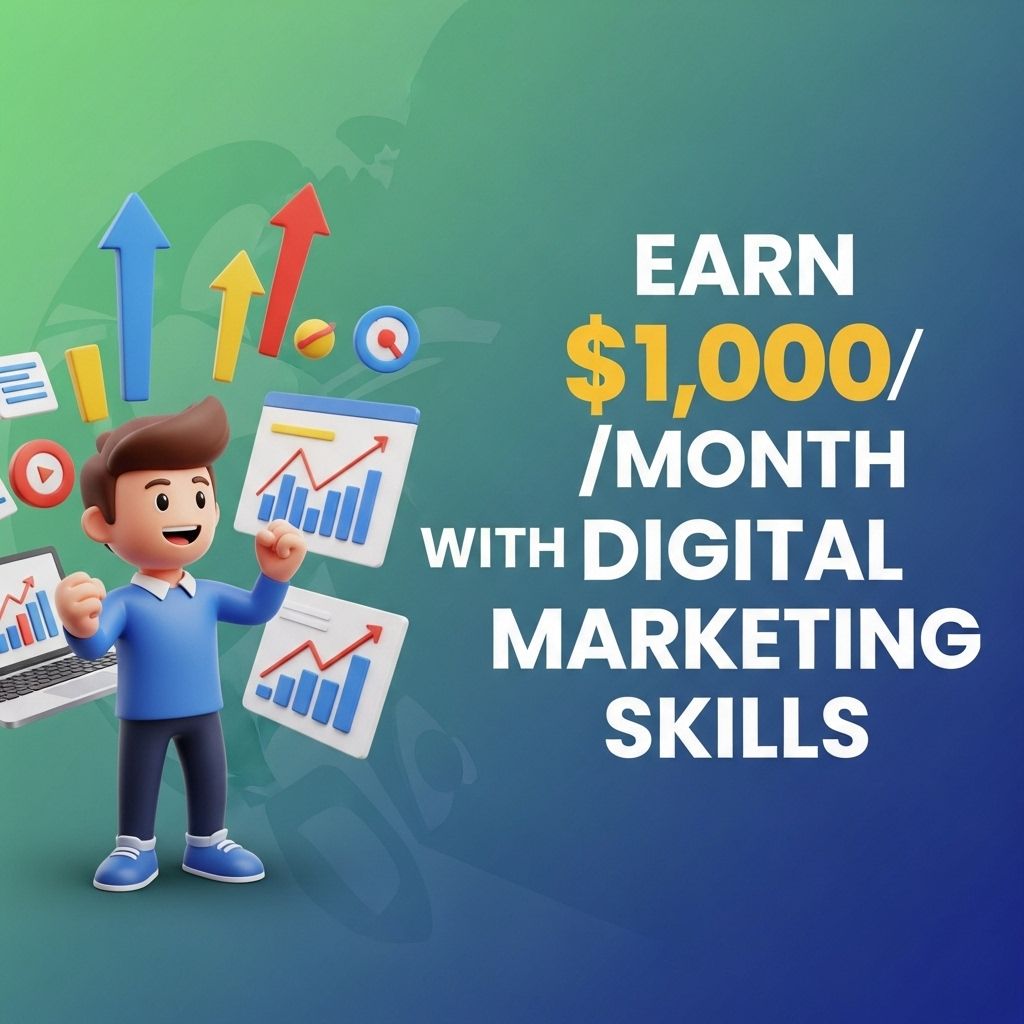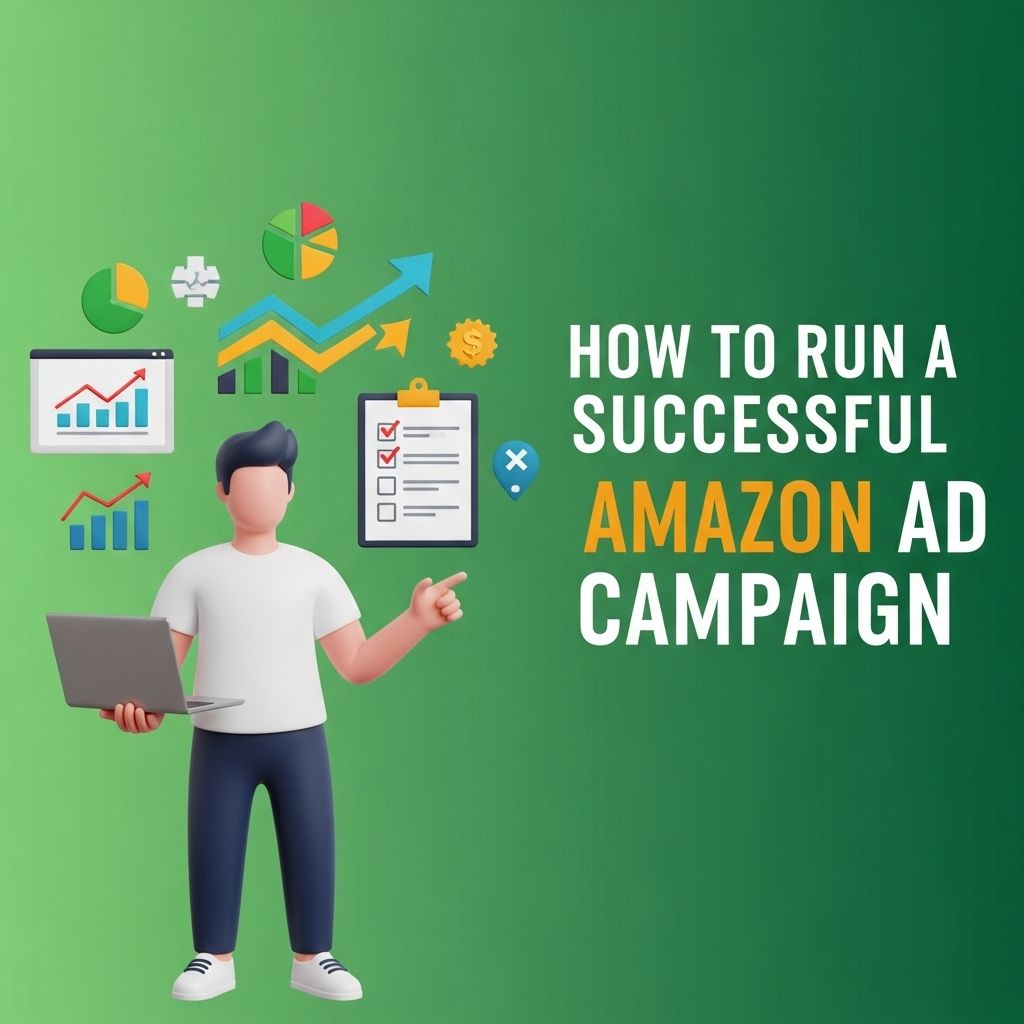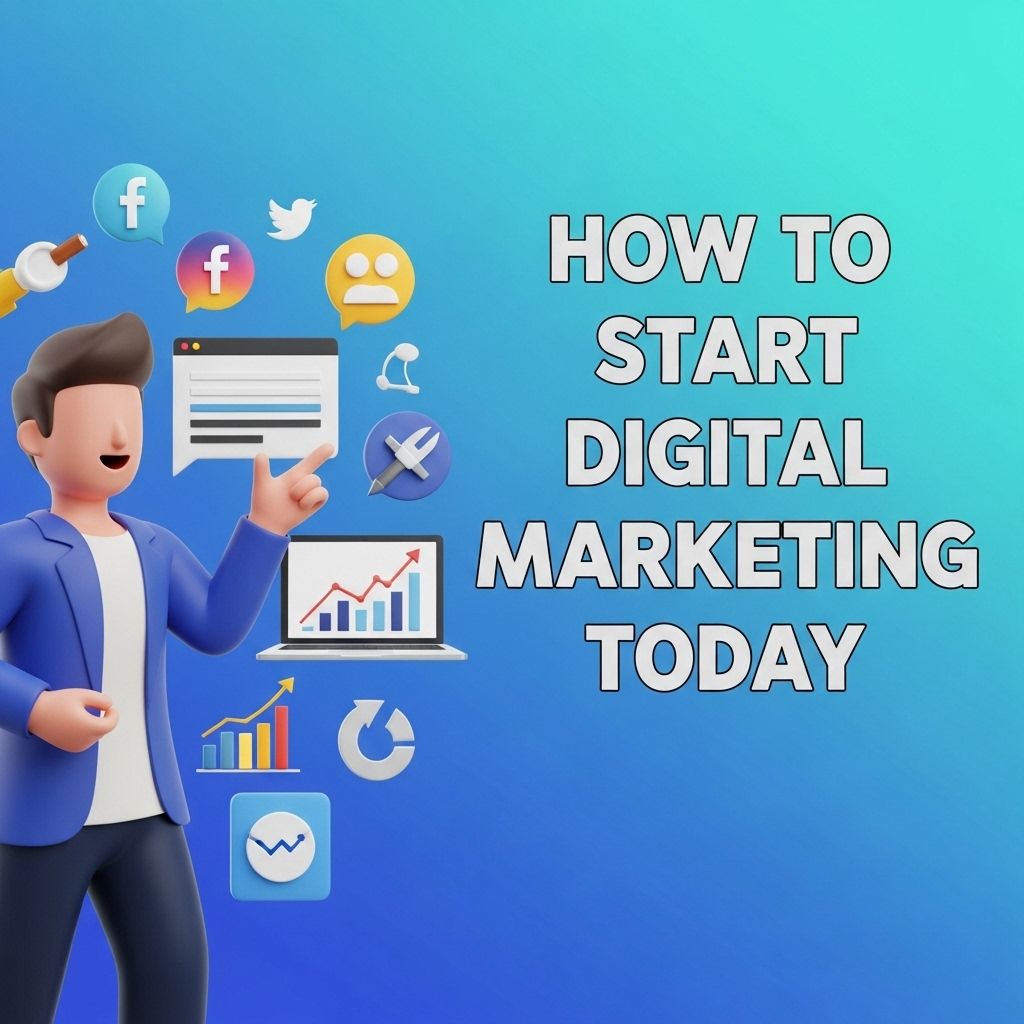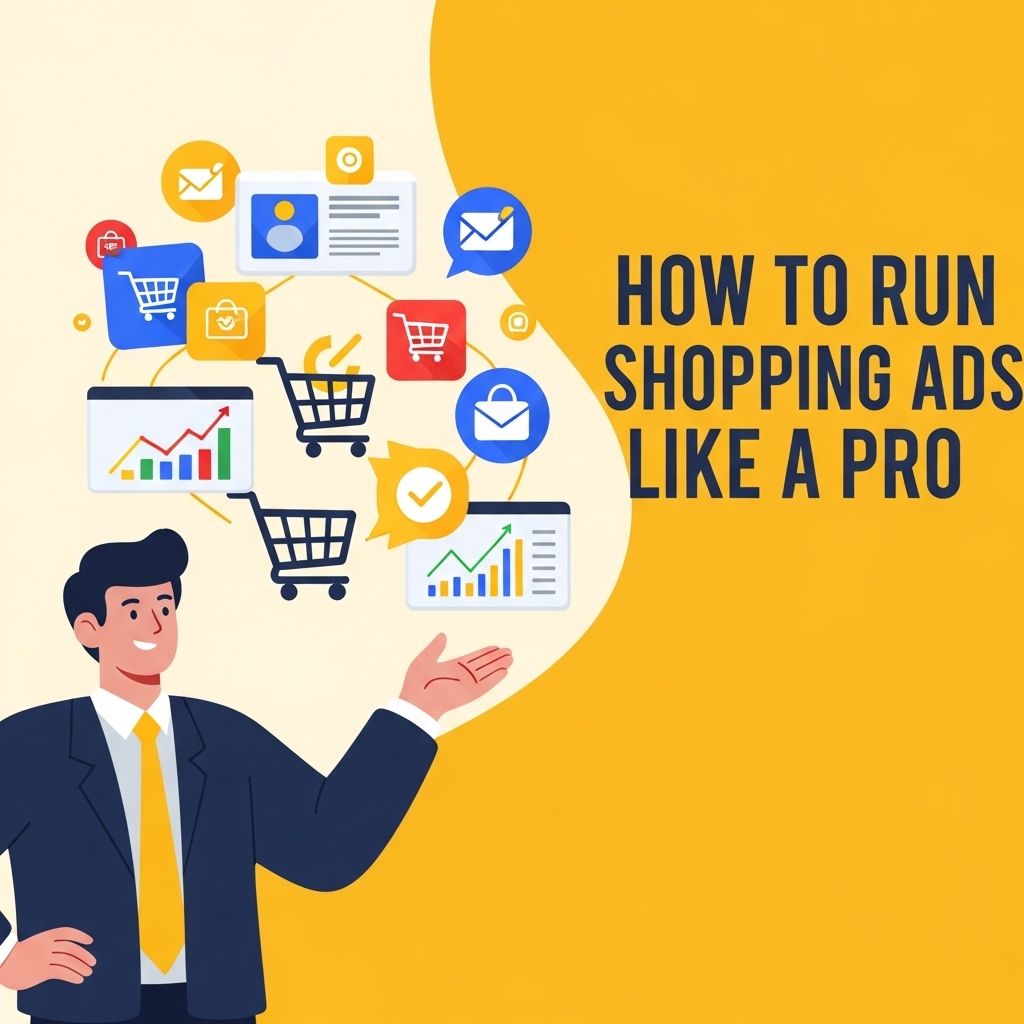Unlock Campaign Insights with AI Tools
Discover how AI tools can enhance your campaign insights, driving better decision-making and results in your marketing efforts.

In the ever-evolving landscape of digital marketing, understanding the effectiveness of your campaigns is paramount. Traditional methods of campaign analysis, while still relevant, often fall short in providing the nuanced insights that modern marketers need to drive results. Enter the realm of Artificial Intelligence (AI) tools, which are revolutionizing how we unlock campaign insights. By leveraging AI technologies, businesses can better analyze data and optimize their strategies, ensuring each campaign reaches its full potential.
Unlocking the full potential of your marketing campaigns can be significantly enhanced with AI tools. These technologies provide actionable insights that help you make data-driven decisions, ultimately improving your campaign effectiveness. For inspiration, discover unique 3D logo examples that illustrate how visual elements can elevate your brand messaging.
Table of Contents
The Rise of AI in Marketing
As technology continues to advance, the adoption of AI in marketing has skyrocketed. AI tools have the capability to process vast amounts of data, recognize patterns, and generate insights that human analysts may overlook. This shift is not just a trend; it represents a fundamental change in how marketing operates.
Key Advantages of AI Tools in Campaign Analysis
- Data Processing Speed: AI can analyze campaign data in real-time, allowing marketers to make informed decisions quickly.
- Predictive Analytics: By forecasting future trends based on historical data, AI helps marketers anticipate consumer behavior.
- Personalization: AI enables hyper-personalized marketing strategies that can significantly increase engagement rates.
- Cost Efficiency: Automating data analysis reduces the need for extensive manpower, leading to cost savings.
How AI Tools Unlock Insights
AI tools offer a variety of functionalities that empower marketers to gain deeper insights into their campaigns. Here are some ways these technologies contribute to enhanced analysis:
Data Aggregation and Analysis
AI can consolidate data from multiple sources — social media, email campaigns, website analytics, and more. This integration allows marketers to get a holistic view of campaign performance. With tools like Google Analytics and Tableau, users can easily visualize this data for better understanding.
Performance Tracking
Tracking key performance indicators (KPIs) is crucial for measuring campaign success. AI tools help in:
- Setting KPIs: AI analyzes past campaign data to suggest relevant KPIs.
- Continuous Monitoring: Automated systems track performance metrics in real-time.
- Alerting for Anomalies: AI alerts marketers when performance deviates significantly from the norm.
| Metric | Definition | Importance |
|---|---|---|
| CTR (Click-Through Rate) | Percentage of users who click on an ad out of total viewers. | Indicates ad effectiveness. |
| CPC (Cost per Click) | Cost incurred for each click on an ad. | Helps manage budget and ROI. |
| Conversion Rate | Percentage of users who complete a desired action. | Measures campaign success in achieving goals. |
Enhancing Customer Insights
One of the standout features of AI tools is their ability to provide a deeper understanding of customer behavior. Here are some of the techniques they use:
Behavioral Analysis
AI can track and analyze customer interactions across various touchpoints, offering insights into:
- Shopping patterns
- Engagement levels
- Content preferences
This data can be instrumental in tailoring campaigns that resonate with target audiences.
Sentiment Analysis
Beyond numerical data, AI tools can assess customer sentiment through:
- Social media monitoring
- Review analysis
- Survey feedback
Understanding sentiment can influence campaign messaging and positioning.
Optimizing Campaign Strategies
Once insights are gathered, the next step is optimization. AI tools can automate adjustments in real-time based on performance data.
Dynamic Ad Adjustment
AI can modify ads based on performance metrics. For example:
- Ad Rotation: Rotate ads to find the most effective creatives.
- A/B Testing: Automate A/B tests for headlines, images, and call-to-action buttons.
- Budget Allocation: Reallocate budgets dynamically to high-performing campaigns.
Content Strategy Refinement
AI tools can also recommend content strategies by:
- Analyzing engagement data
- Identifying trending topics
- Suggesting optimal posting times
Case Studies: Success through AI Integration
Many companies have successfully integrated AI tools into their marketing strategies, leading to significant improvements.
Example 1: E-commerce Brand
An e-commerce company utilized AI for personalized email marketing. By analyzing customer data, they were able to tailor recommendations to each user, resulting in:
- Increased open rates by 35%
- Boosted conversion rates by 20%
Example 2: Travel Agency
A travel agency implemented AI-driven chatbots to enhance customer service. This led to:
- Improved customer satisfaction ratings.
- Reduced response time by over 50%.
Challenges in Implementing AI Tools
Despite their numerous benefits, integrating AI tools can be challenging. Here are some common hurdles:
- Data Privacy Concerns: Ensuring compliance with data protection regulations is critical.
- Cost of Implementation: Initial setup costs can be significant.
- Skill Gaps: Teams must be trained to effectively use AI tools.
Future Trends in AI and Marketing
The landscape of AI in marketing is continuously evolving. Here are some trends to watch:
- Increased Automation: More processes will be automated, freeing up marketers to focus on strategy.
- Greater Personalization: Expect even more tailored marketing messages that resonate with consumers on an individual level.
- Integration with Other Technologies: AI will increasingly work in tandem with AR/VR and IoT for immersive marketing experiences.
Conclusion
AI tools are not just a supplement to traditional marketing strategies; they are becoming integral to unlocking profound campaign insights. By harnessing the power of AI, businesses can optimize their marketing efforts, understand their customers better, and ultimately drive more successful campaigns. As technology continues to advance, those who embrace AI will likely lead the way in the competitive digital marketing landscape.
FAQ
What are AI tools for unlocking campaign insights?
AI tools for unlocking campaign insights are software applications that leverage artificial intelligence to analyze data from marketing campaigns, providing actionable insights and recommendations for optimization.
How can AI tools improve my marketing campaign performance?
AI tools can enhance marketing campaign performance by analyzing vast amounts of data quickly, identifying patterns, predicting outcomes, and suggesting strategies to increase engagement and conversion rates.
What types of data can AI tools analyze for campaign insights?
AI tools can analyze various types of data, including customer demographics, engagement metrics, conversion rates, social media interactions, and A/B testing results to generate comprehensive campaign insights.
Are AI tools easy to integrate with existing marketing platforms?
Most AI tools are designed to integrate seamlessly with existing marketing platforms, allowing for smooth data transfer and analysis without disrupting current workflows.
Can small businesses benefit from using AI tools for campaign insights?
Yes, small businesses can greatly benefit from AI tools as they can provide affordable and scalable solutions to enhance marketing efforts, improve targeting, and optimize budgets.
What should I look for when choosing an AI tool for campaign insights?
When choosing an AI tool for campaign insights, consider factors such as ease of use, integration capabilities, data analysis features, customer support, and pricing to ensure it meets your specific needs.

